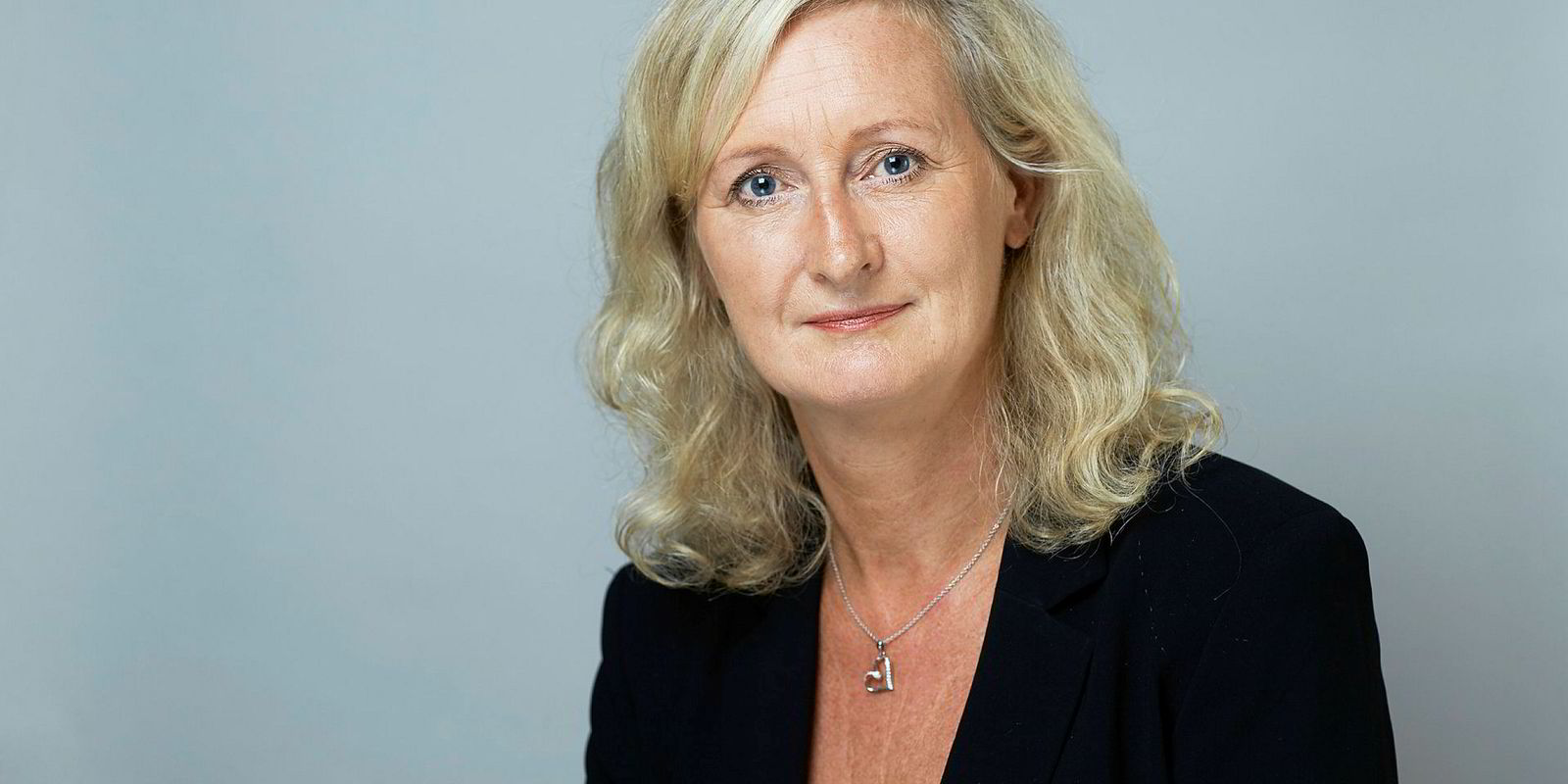The International Union of Marine Insurance has expressed concern over the slow rate of progress at the IMO in addressing safety issues related to the new global sulphur regulation.
Helle Hammer, head of the policy forum at the IUMI, said the IMO has agreed to look at the issue through the Maritime Safety Committee (MSC). But the target date to finalise the work is more than a year after the regulation enters into force on 1 January 2020.
“The IMO is working on methods for improving safety but has set a target date for 2021 — and that is too late,” she said.
There are a host of safety concerns that need to be addressed by the MSC. They include fuel quality issues, the potential for pipes and valves to leak when distillates rather than heavy fuel oil pass through, and the compatibility and stability of the new generation of blended low-sulphur fuel oils.
Hammer said the risk of accidents could grow as a result of the introduction of new fuels — and that would represent a burden for marine insurers.
“Supply of these fuels is not consistent and differs by supplier and port of delivery," she said. "They often contain high levels of cat fines, which onboard systems fail to filter out. Differences in flash point and combustibility are also evident.”
She said the fuel-quality issue could worsen after 2020 and that the refineries should take more responsibility on ensuring the adequate supply of compliant fuel.
“At the moment, the end user takes all the risks and we find that unacceptable,” she said. “Refineries should be obliged to test and confirm delivery of compliant fuels.
“The Maritime Safety Committee has agreed a circular that all suppliers deliver compliant fuel, but we would like to see refineries be a part of that.”
There is also an issue over whether ships involved in casualties because of mechanical breakdown involving low-quality fuel would be covered because, in effect, they would be non-compliant with the International Convention for the Prevention of Pollution from Ships (Marpol).
“Under Marpol, owners should not take on something that is not fit for use,” Hammer said.




